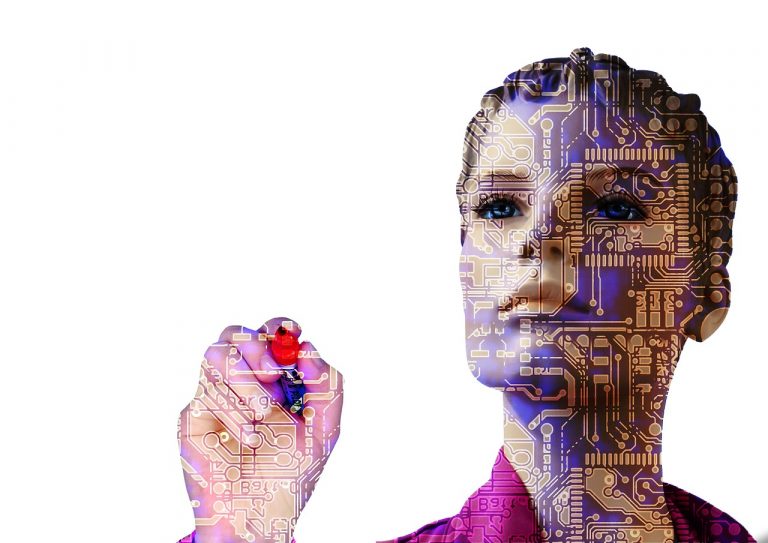
A report from CNBC suggests that artificial intelligence (AI) platforms could steal jobs from lawyers in the future.
The AI machines will perform many tasks in the coming years. They will mine documents for evidence, review and create contracts, raise red flags within companies to identify potential fraud and other misconduct or do legal research and perform due diligence before corporate acquisitions, according to the publication.
Advocates of the technology believe that AI machines could help create more jobs in the legal sector as the technology drives costs down and makes legal services more affordable to greater numbers of people.
“It’s like the beginning of the beginning of the beginning,” said LawGeex CEO Noory Bechor. “Legal, right now, I think is in the place that other industries were 10 and 15 years ago, like travel.”
LawGeex is an AI-powered platform for legal contract review. The LawGeex platform is designed to “take a new contract, one that it’s never seen before, read it and then compare it to a database of every similar contract that it’s seen in the past.”
LawGeex, like other AI platforms, also learns from each review it performs.
Can AI legal platforms do better than people? Will the machine miss things that an experienced lawyer would otherwise catch?
“That’s an argument that been refuted quite a bit,” NexLP Founder and Managing Member Jay Leib said. NexLP built an AI platform that searches documents for information relevant to lawsuits and other litigation.
“Can you miss anything? Sure,” Leib said of AI legal machine. “But since 1985, we’ve known that human beings are not very good at keyword searches,” he added. “There’s this fallacy that human beings looking at documents is the gold standard. Not true. They’re missing things.”
Without computers, it is hard for human workers to find relevant information from a large amount of data available today, according to Leib.
“There’s just so much more data now that you need these technologies to boil the ocean for you” and find relevant material, Leib said.
Additionally, Leib said that NexLP is “not just looking at the text” in a document or email, but it looks “at the tone of the conversation, who sent it,” to see if the item should be flagged for review in litigation.
Further, he said that computers “don’t get tired, they don’t get hungry, they don’t sleep in.” “All of the things that are biological problems that can happen to a human being can’t happen to computers.”
Meanwhile, Microsoft Co-Founder Bill Gates said that robots taking jobs from humans should pay taxes, Quartz (via CNET) reported.
“If a human worker does $50,000 of work in a factory, that income is taxed. If a robot comes in to do the same thing, you’d think that we’d tax the robot at a similar level,” Gates said.




